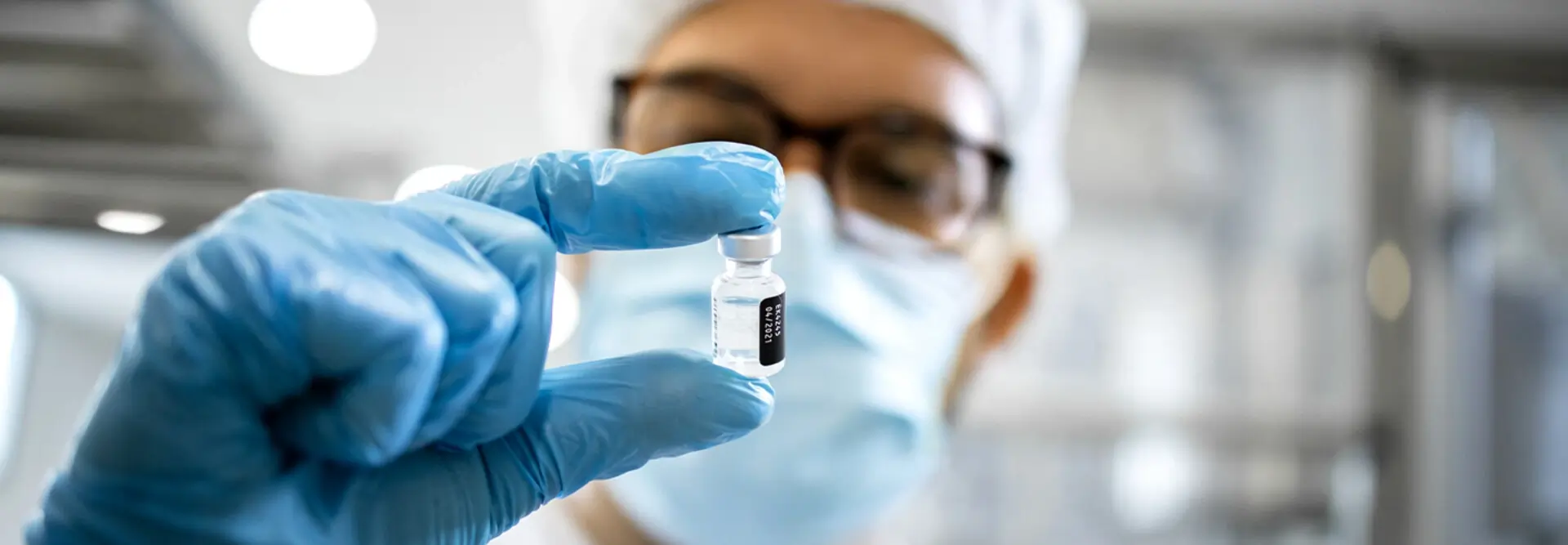

Image Credit: Healthtech Magazine
Most healthcare companies are approaching AI for larger processes. Shifting from distinct operations, AI is now considered to play a crucial role in the whole production process. Artificial intelligence is already a developed area of biopharma manufacturing. The machine learning tools are well-equipped at the sites around the globe, and companies are fueling key improvements in efficiency and output.
Still, AI has a short history in technological development and drug production. Here, the industries are struggling to transform digitally. But now, most of the companies are utilizing AI for numerous tasks throughout the drug production process. After initiating and proving the potential of the old computational technologies, manufacturers are qualifying the near-term AI usage, such as spotting patterns in huge datasets.
The transition from using AI for a distinct task to utilizing the technology for the whole production process is a part of a vast amplification of the company’s dedication. For instance, Sanofi’s AI to-do list involves using external and internal data to alleviate and anticipate compliance risk and quality. The longstanding project will be bricked up on the industry’s existing quality management tools. Sanofi noticed the emerging role for AI in accelerating its supply chain. The industry’s AI systems are already reducing and preparing for the vast amount of potential shortages. Alongside, the company is heading towards a fully amalgamated AI-powered supply chain that can reliably perform real-time changes in response to disruptions or demand.
This adaptability is a part of the AI path at Moderna. The head of digital individualized neoantigen therapies at Moderna, Joe Margarones, commented, “It’s huge, longstanding opportunities for AI involve real-time monitoring of anomalies to help allow rapid response.” Margarones described the AI-powered decision support as another committed long-term usage for AI. Also, “AI could help to correlate, recommend, and summarize actions related to false data that can either be details about deviations from standard operating conditions.”
The chief technology officer at elevateBio basecamp, a service provider expert in gene and cell therapies, Michael Paglia, said, “I’m always in support of promoting new advances and technology in manufacturing.” Paglia showcased an extensive list of projects at third-party technology providers that involved an initiative to operate a robot in a room to resolve the problem of scale. AI is utilized to help robots move through various facilities more effectively and efficiently.